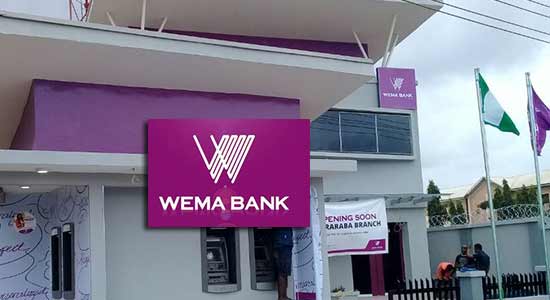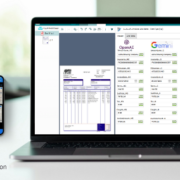The Economic and Financial Crimes Commission (EFCC) has arraigned three employees of Wema Bank alongside four other individuals for allegedly conspiring to carry out a cyber-enabled fraud that led to a staggering N8.5 billion loss from the bank’s system.
RELATED: Nigerian banks see sharp decline in fraud losses to N468B in Q1 2024
Arraigned before Justice Daniel Osiagor of the Federal High Court in Ikoyi, Lagos, the Wema Bank staff—Samuel Asiegbu, Fabian Onyeimachi, and Kingsley Kejim—were charged with conspiracy and obtaining money under false pretences. The four co-defendants are Hannah Okunlola Adesokan, Hamza Zakariya, Achionu Ubaku, and Sunday Osademe.
In a statement issued on Monday, EFCC spokesperson Dele Oyewale disclosed that the defendants allegedly manipulated and altered data in Wema Bank’s systems in January 2025, triggering a loss of ₦8,568,090,500.
“The defendants conspired amongst themselves to cause the loss of funds in Wema Bank accounts in a manner intended to confer unlawful economic benefits,” the EFCC said.
The suspects face eight counts of cybercrime, including conspiracy to commit financial fraud, in violation of Section 27(1)(a) of the Cybercrimes (Prohibition, Prevention, etc.) Act, 2015.
One of the charges reads:
“That you, Samuel Ihechukwu Asiegbu, Ejim Kingsley Kelechi and other persons at large, sometime in January 2025, conspired amongst yourselves to cause loss of property to bank accounts domiciled in Wema Bank Nigeria Plc in order to confer economic benefit to yourselves.”
Nigeria’s Cybercrime Crisis in Banking
Cybercrime continues to undermine Nigeria’s banking sector, posing a threat to financial stability and public confidence. According to the Financial Institutions Training Centre (FITC), Nigerian banks lost over ₦2.72 billion to cyber fraud in the first half of 2022 alone.
- Mobile fraud accounted for ₦196 million (3.39% of total losses)
- Computer and web fraud resulted in losses of ₦59.5 million (1.03%)
Phishing attacks, data breaches, insider fraud, and ransomware remain among the top threats faced by banks in Nigeria. Experts have called for stronger cybersecurity frameworks, employee vetting procedures, and cross-institutional monitoring systems to address the rising tide of digital fraud.






























